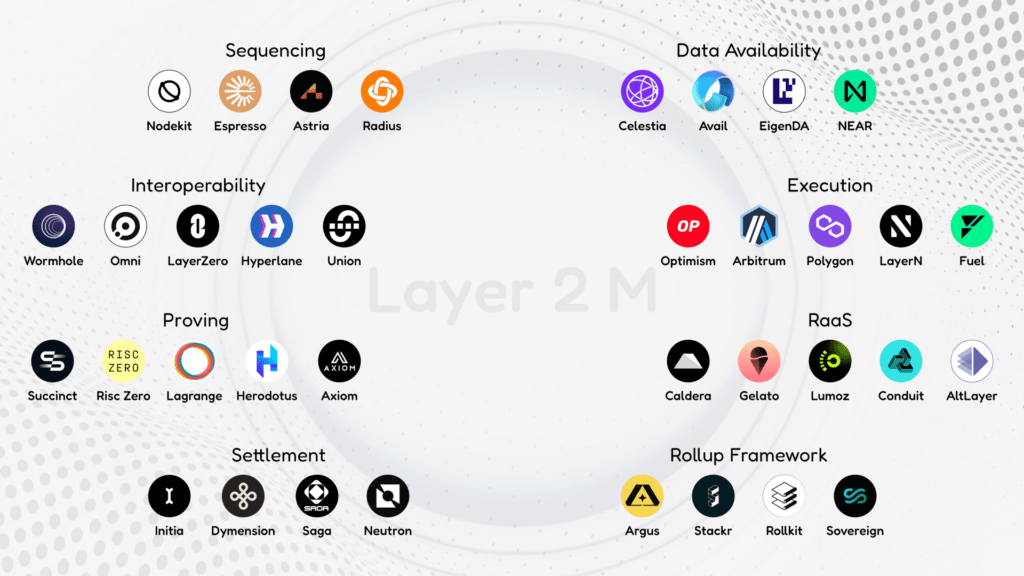Podcast Summary
In this episode, the hosts are joined by Ox Satama Dopex, Wind Moon, and Kell from UniDex. The discussion revolves around the Arbitrum Sip Grant voting process, the success of Dopex, and the importance of supporting small protocols. The hosts also draw parallels between the current crypto market and the 1960s Space Race, emphasizing the need for innovation. The episode further delves into the new hybrid model for liquidity provision on DEXes, the potential of smaller projects, and the contentious vote on Lio’s proposal.
Key Takeaways
Arbitrum Sip Grant Voting and Dopex’s Success
- Arbitrum Voting: The podcast highlights the ongoing Arbitrum Sip Grant voting process, with Dopex receiving the highest number of votes, indicating strong support for the protocol.
- Dopex’s Success: Dopex attributes its success to its connections and partnerships throughout the ecosystem, emphasizing the importance of supporting small protocols and keeping builders engaged on Arbitrum.
Comparison to the 1960s Space Race
- Innovation Despite Bear Market: The hosts draw a parallel between the current crypto market and the 1960s Space Race, emphasizing the need for building and innovation despite the bear market.
New Hybrid Model for Liquidity Provision
- Hybrid Model: Dopex’s STI proposal aims to introduce a hybrid model for liquidity provision on DEXes, transforming LPing into a more efficient and rewarding process. This model incentivizes liquidity provision on existing DEXes like Camelot, Uniswap, and Trader Joe, offering dual rewards for LPs.
Contentious Vote on Lio’s Proposal
- Lio’s Proposal: The hosts discuss the contentious vote on Lio’s proposal and the divide between the Arbitrum community and non-Arbitrum native protocols in the voting. They speculate on the reasons for the negative reaction to Lio’s proposal, including concerns about its dominance and power in the Ethereum community.
Use of Economic Incentives in Protocols
- Economic Incentives: The discussion highlights the use of economic incentives in protocols to encourage long-term user engagement and discourage short-term mercenary behavior. The example of Grail and its incentivization of long-term users with X Grail tokens is mentioned.
Sentiment Analysis
- Bullish: The podcast expresses a bullish sentiment towards the Arbitrum ecosystem, with the hosts highlighting the strong community and sense of camaraderie among builders on Arbitrum, which contributes to the growth and success of the ecosystem. The hosts also express optimism about the potential of smaller projects and the new hybrid model for liquidity provision.
- Bearish: A bearish sentiment is expressed towards the contentious vote on Lio’s proposal and the divide between the Arbitrum community and non-Arbitrum native protocols in the voting. The hosts also express concerns about the decline in the ARB token price and the potential sell pressure.
- Neutral: The podcast maintains a neutral stance on the ongoing Arbitrum Sip Grant voting process, discussing the process without expressing a clear sentiment towards its outcome.












